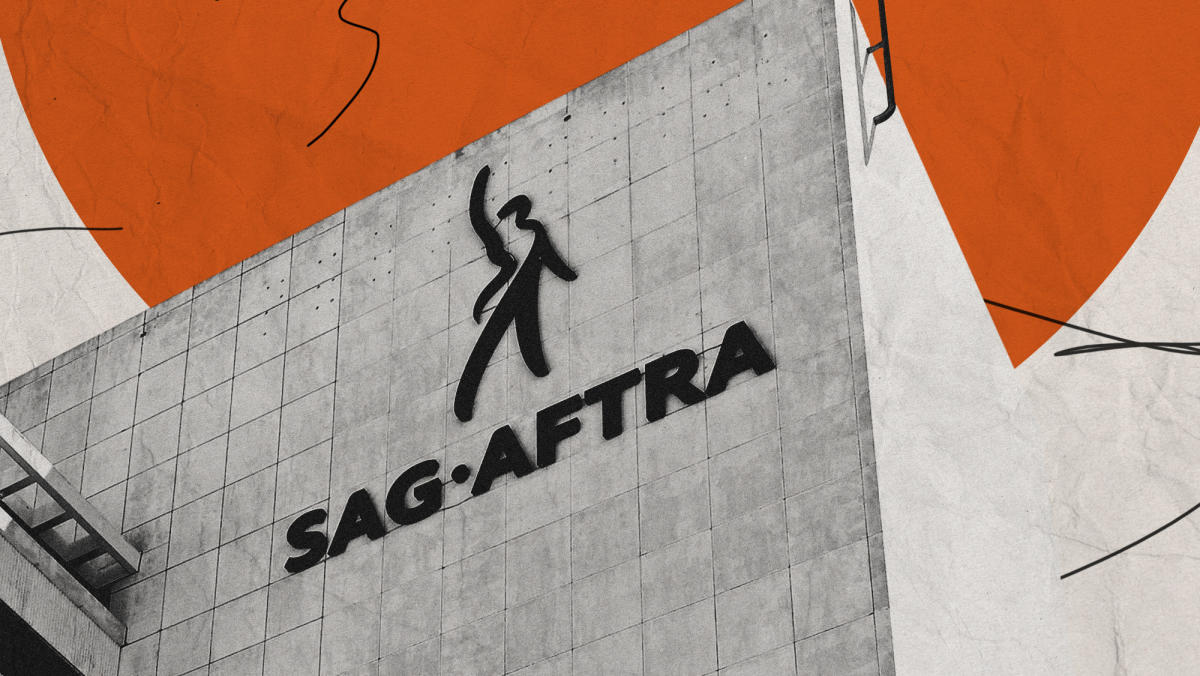
It’s not over yet. Leadership for performers union SAG-AFTRA and the studios, repped by the Alliance of Motion Picture and Television Producers, issued a joint statement on Monday saying that talks have ended for the day and outlining next steps as the strike nears its three-month mark.
“SAG-AFTRA and the AMPTP held negotiations and have concluded for the day. Bargaining will continue on Wednesday, October 11, with the parties working independently on Tuesday,” the brief missive read.
More from The Hollywood Reporter
The Fran Drescher-led union, which represents about 160,000 members, has been on strike since July 14. After a summer of halted film and TV production and pickets in Los Angeles, New York and industry hubs around the country, the AMPTP and SAG-AFTRA returned to the bargaining table on Oct. 2 at the union’s headquarters on Wilshire Boulevard in Los Angeles.
In that time, the Writers Guild of America — whose 11,500 members went on strike on May 2, kicking off a summer of standoffs — inked a tentative deal with the AMPTP on Sept. 24. That pact, which touted gains for members on contentious issues like the use of artificial intelligence in scripts, viewership data transparency and minimum staffing in television writers rooms, was ratified by WGA membership on Monday with 8,525 votes cast and 99 percent of scribes in favor of the agreement.
Amid the strike, SAG-AFTRA’s membership also reiterated its confidence in Drescher, who was reelected for a two-year term as president of the union over challenger Maya Gilbert-Dunbar as the votes were tallied on Sept. 8.
With the resolution of the WGA dispute, hopes have been high in the industry for a deal breakthrough between the AMPTP, led by chief negotiator Carol Lombardini, and SAG-AFTRA, which is led by Duncan Crabtree-Ireland in the dealmaking talks. In the meantime, the union has promoted its interim agreements as an option to allow independent producers to work with its members while adhering to the terms of its offer to the studios.
The dual strikes have also had a major impact on the industry beyond writers and actors, with the U.S. Bureau of Labor Statistics noting in its latest jobs report on Oct. 6 that “employment in motion picture and sound recording industries continued to trend down (-7,000) and has declined by 45,000 since May, reflecting the impact of labor disputes.”
Best of The Hollywood Reporter





